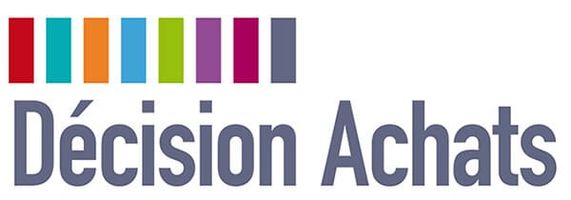
The advent of cloud and advanced programming techniques has facilitated the development of a new generation of tools that are both more powerful and easier to implement and use. Growing business interest has done the rest.
In recent years, considerable investments have been made by publishers of digital purchasing solutions to improve the ergonomics of their software. However, supporting change and the proper use of new applications remains a major challenge. To facilitate and accelerate deployments, new Digital adoption platform (DAP) tools are supporting users, guiding navigation routes and providing all the help needed in real time. These overlays are gradually replacing traditional training and learning methods.
For facilitate and speed up the digitalization of purchases, new tools called DAP (Digital adoption platform) propose to accompany users in the handling of their applications, in addition to or in place of training and traditional learning methods (tutorials, face-to-face courses, e-learning, webinars, etc.), tedious and time-consuming to be set up. If the first tools of this nature appeared almost 20 years ago, in the context of the democratization of ERPs or the deployment of sectoral applications (banking, telephony, etc.), it was only in the early 2010s that the offer was structured. Proposed as simulators, sometimes referred to as "GPS applications", the early versions were quite heavy and far from offering the range of features available in today's platforms. The advent of cloud and advanced programming techniques has facilitated the development of a new generation of tools that are both more powerful and easier to implement and use. Growing business interest has done the rest.
In its recent research note on the subject, Gartner, whose scope of study has recently incorporated a category "Digital adoption solutions" (DAS) to follow this market, mentions 11 publishers: Appcues, AppLearn, InsideBoard, letzNav, Merlin Guides, SAP, Toonimo, Tour My App, UserIQ, Whatfix and WalkMe, the latter claiming authorship. To this list are added several French players such as Knowmore, with its platform K-Now, Shortways or the start-up Lemon Learning.

